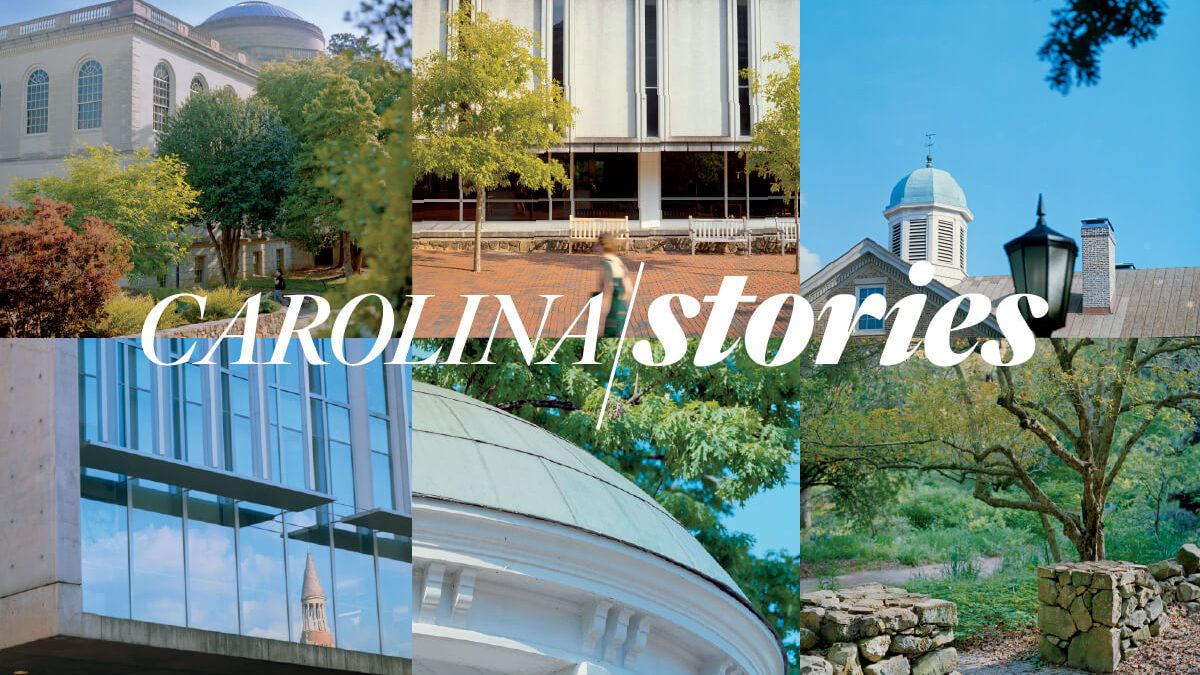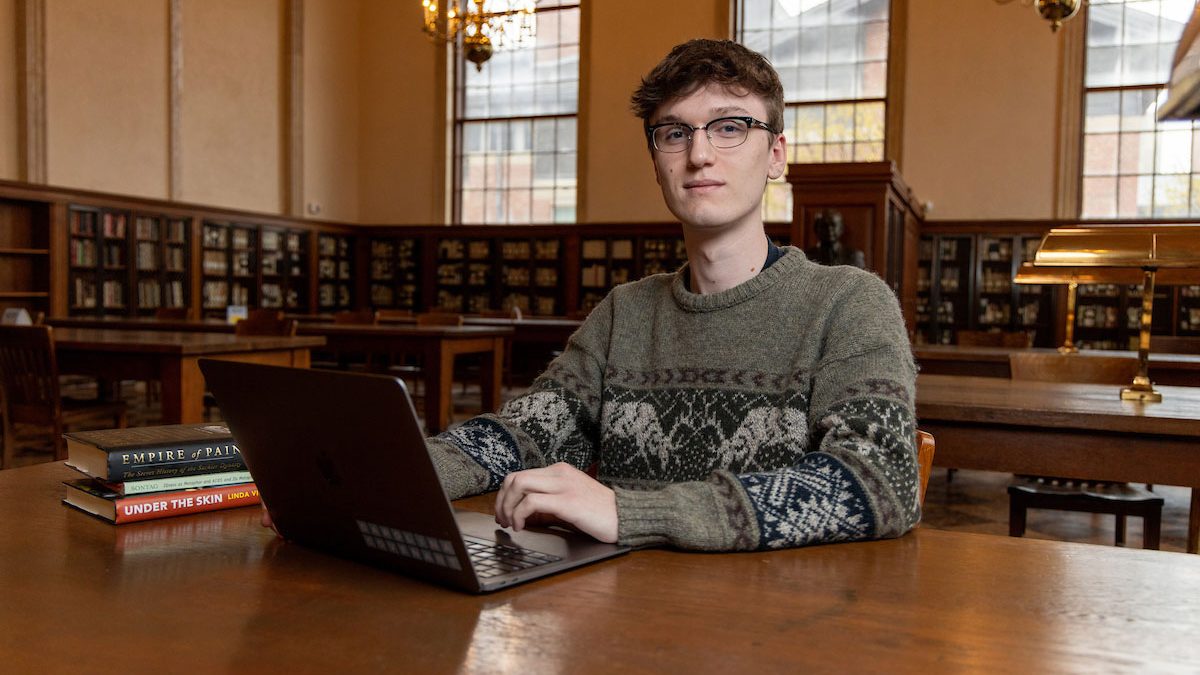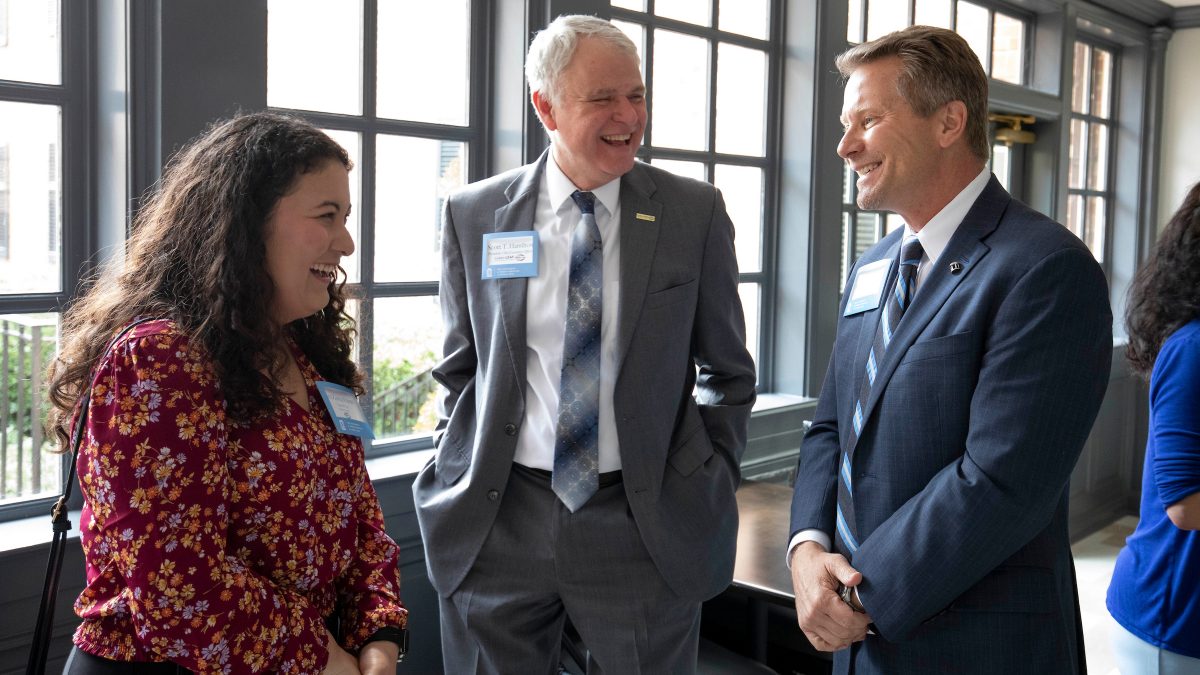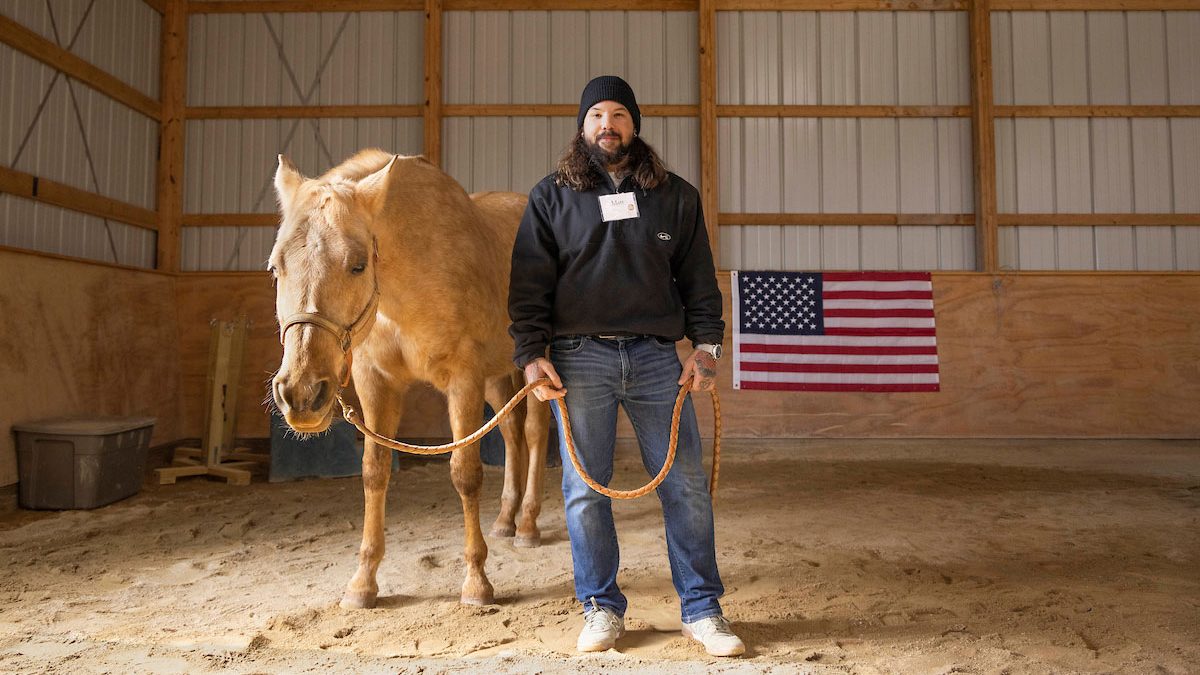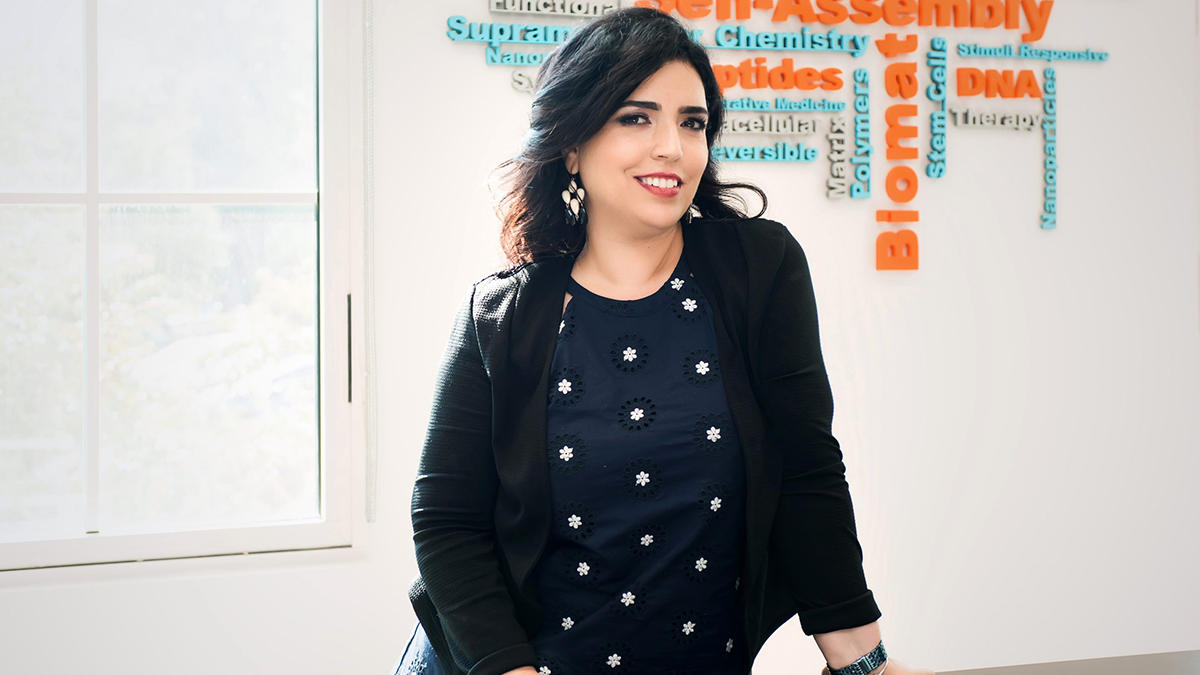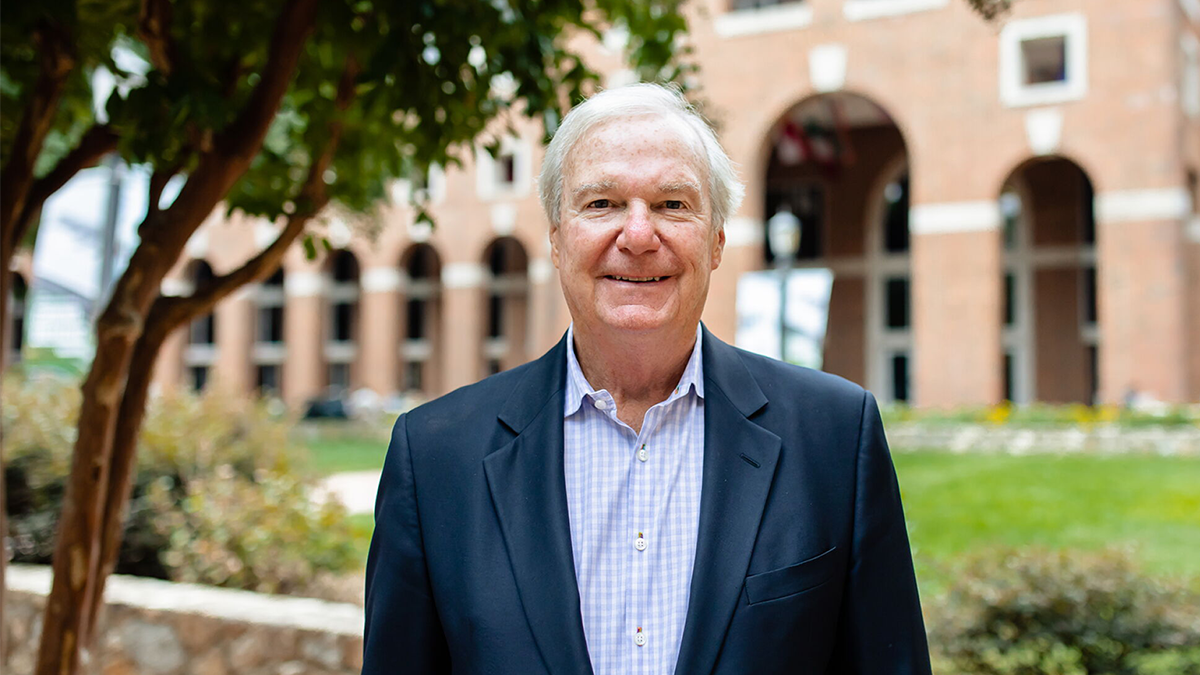Multiplier Effect
Former Chancellor’s Science Scholar Jeliyah Clark ’18 studies links between the environment and birth outcomes.
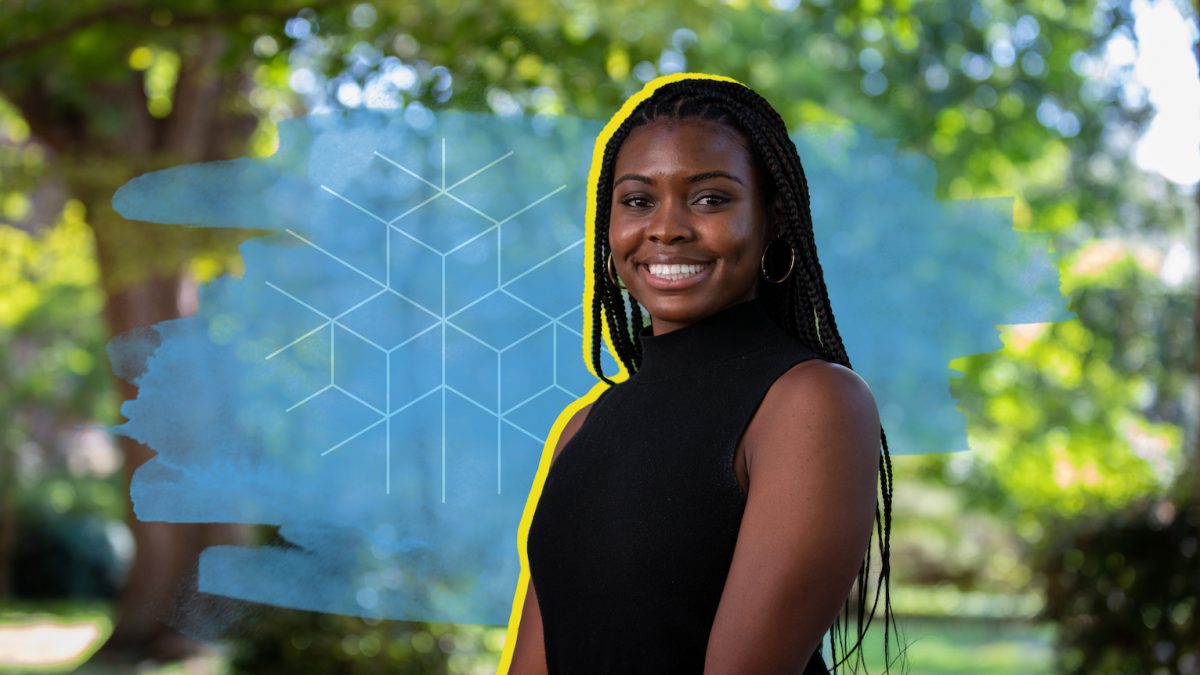
Former Chancellor’s Science Scholar Jeliyah Clark ’18 studies links between the environment and birth outcomes.
Public health is personal for doctoral student Jeliyah Clark ’18. Clark’s family is from Duplin County, North Carolina, an area home to an active agricultural industry. Clark grew up hearing stories about her older sister, who was diagnosed with neuroblastoma, a cancer that develops in young children, and died at the age of two, before Clark was born.
“I’ve always thought about how factors such as living near regions of heavy pesticide use, socioeconomic status, and access to care influenced health outcomes,” Clark said. “Would my sister still be here to this day if those factors had been different?”
Clark, who went to high school in Durham, came to Carolina with a scholarship from the Chancellor’s Science ScholarsOpens in new window program, which also provides opportunities to participate in cutting-edge research, professional development, leadership training, mentorship and other programming designed to pave the way for academic success and future achievement.
Motivated by her family’s tragedy, Clark’s course and lab work as an undergraduate at Carolina began with biology, and she later transitioned to studying environmental health sciences in the school of public health.
“Studying biology helped me understand how diseases developed, but I was also interested in social determinants of health,” Clark said. “I wanted to understand why people of color and those from low income backgrounds were more likely to develop diseases than their counterparts. In addition to asking how a chemical might initiate cancer development, I believed it was important to ask why certain populations have historically been more likely to be exposed to the chemical in the first place. We must move beyond the bench to understand and address health disparities.”
The CSS program helped Clark feel supported as she excelled at Carolina. In addition to her academic and lab work, Clark was a McNair ScholarOpens in new window, a volunteer in the UNC Stone Opens in new windowCenter’s Communiversity Opens in new windowYouth ProgramOpens in new window, and a research associate in the selective Broad Summer Research Program through the Broad Institute of MIT and Harvard. She was also a member of the Every Nation Campus Ministry.
“As a first-generation college student, it was nice to have a sense of family to help me navigate campus,” Clark said. “That’s the main thing CSS provided. And it wasn’t just my peers, I was motivated by people with Ph.D.s who looked like me and had already been where I was trying to go.”
Clark is now pursuing a Ph.D. in environmental sciences and engineering within the UNC GillingsOpens in new window School of GlobalOpens in new window Public HealthOpens in new window, with a minor in epidemiology. Clark’s Ph.D. research into the effects of diet and drinking well water birth weight earned her a 2022 Impact Award from The Graduate School, which recognizes research that contributes to the educational, economic, physical, social or cultural well-being of North Carolina communities and its citizens.
She is interested in one day leading her own lab, but is also considering work in the non-profit and federal sectors. Clark’s dissertation research explores whether maternal diet might protect developing babies from the harms of prenatal exposure to arsenic.
Within the school’s Institute for EnvironmentalOpens in new window Health SolutionsOpens in new window, which examines links between diseases and environmental factors, Clark and another graduate student, Lauren Eaves, helped to establish a program to create research opportunities for undergraduate students and organized a structured training program to help them succeed in a lab. She has even mentored younger Chancellor’s Science Scholars in this role.
“We’ve been able to recruit several CSS students, and it is cool to see the program come full circle,” Clark said. “I think part of the beauty of the program is that you can help create this multiplier effect, making room for other scholars at the table once you’ve been given a seat.”
